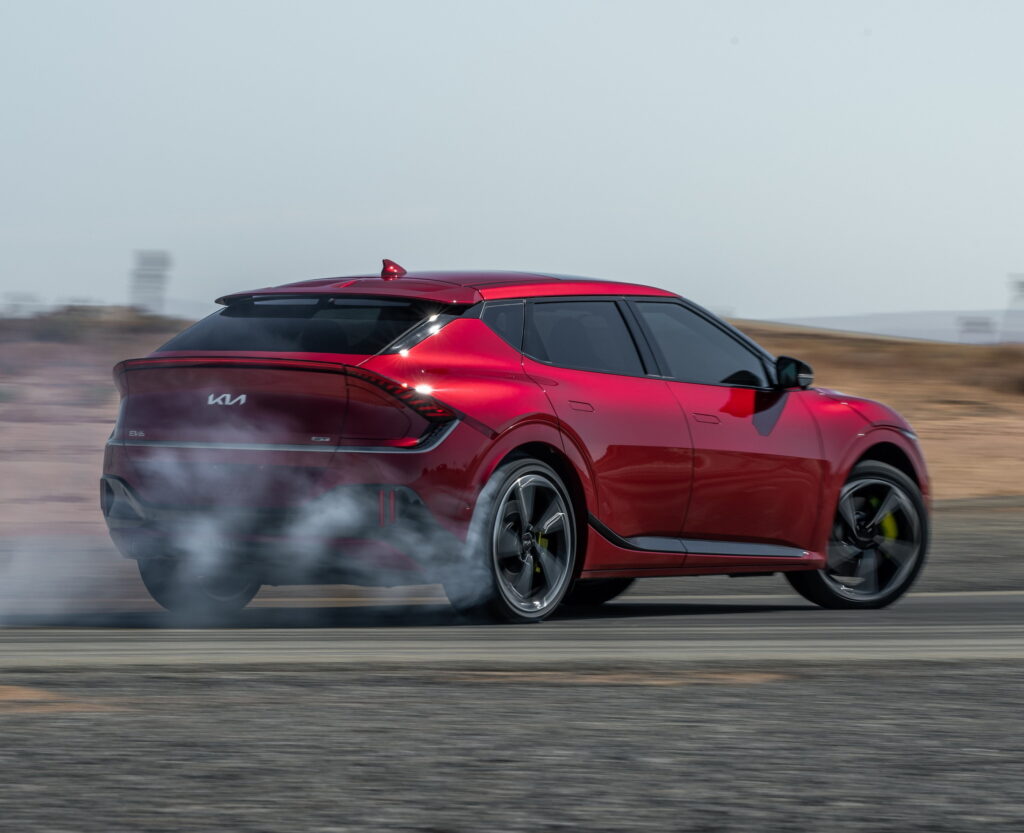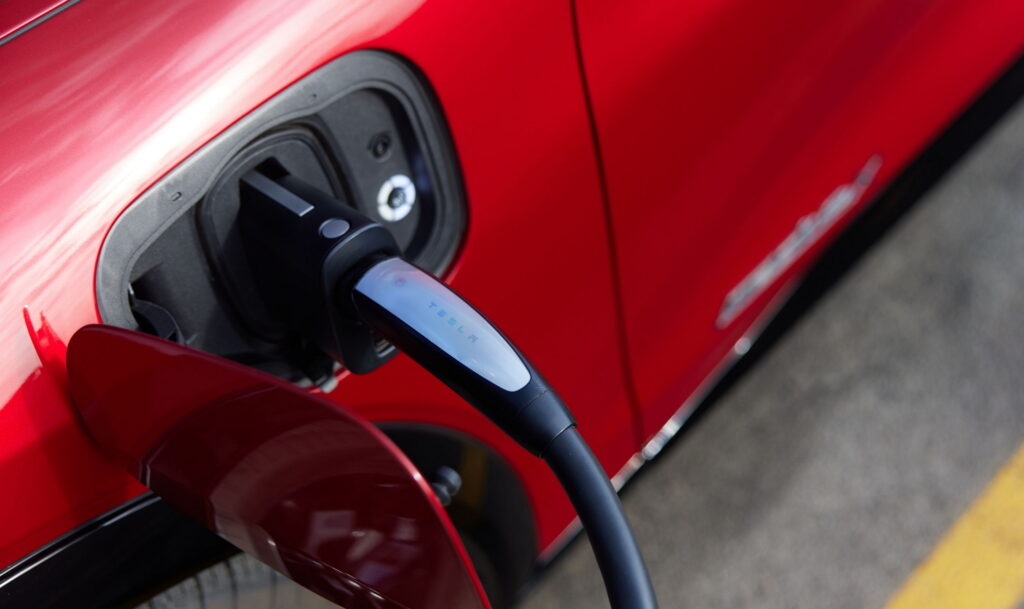Research on Electric Vehicle Battery Longevity
A recent scientific study has sparked active discussions on how best to handle an electric vehicle’s battery, especially for those seeking to maximize its lifespan. Given that the cost of battery replacement remains high, it’s no surprise that owners are looking for clear answers on whether gentle driving or active use is better for the battery’s long-term health.
Electric vehicle batteries are still very expensive to replace, even if prices have fallen, so it’s natural that anyone planning long-term ownership wants to care for their battery by managing and charging it carefully. However, a recent study published in the scientific journal Nature has led some to believe that regular active use of the accelerator pedal and enjoying an electric car’s power can extend the battery’s life.
The study, titled “Dynamic Cycling Improves Battery Lifespan,” compared discharge profiles achieved through a constant current cycle in laboratory conditions with dynamic charging and discharge profiles from real-world electric vehicle use. It found that batteries subjected to supposedly gentler constant current tests aged faster than those used in more realistic conditions.
Interpreting the Science
But before you head out to drive your electric car fast on the track, feeling like you’ve just been told that a daily diet of Big Macs and beer guarantees a life to 120 years, it’s worth hearing what experts from Aviloo’s battery diagnostics have to say about it.
Aviloo’s own field tests of 402 identical electric vehicles showed that energetic driving is a reliable way to shorten battery life, reports Auto Motor und Sport. The reason is that aggressive driving increases energy consumption, which means more charging cycles, more stress on the battery, and accelerated aging.

If you drive efficiently, you save about ten percent of energy over the lifecycle. This means that 100,000 km (62,000 miles) with economical driving roughly corresponds to the battery load from 110,000 km (68,000 miles) with an aggressive driving style.
Practical Advice for Owners
Aviloo does not claim that the authors of the study on dynamic charging were wrong, only that other people misinterpreted their results. Their advice for those seeking to maximize their electric vehicle battery’s lifespan remains unchanged: drive efficiently, and if it’s not absolutely necessary, do not use fast charging, do not charge beyond 80 percent, and do not leave the car fully charged for an extended period.
But if all that seems like too much work or just plain boring, all is not lost. In a recent German study, a Volkswagen ID.3 lost only 8 miles (13 km) of range after four years and 107,000 miles (172,000 km), despite being almost always charged to full and often left parked with a full charge.

These results show that even under non-ideal operating conditions, modern batteries can demonstrate impressive durability. Technologies are constantly improving, and future research will likely help further optimize charging and usage practices, making electric vehicles even more reliable for everyday use.


 by
by 
